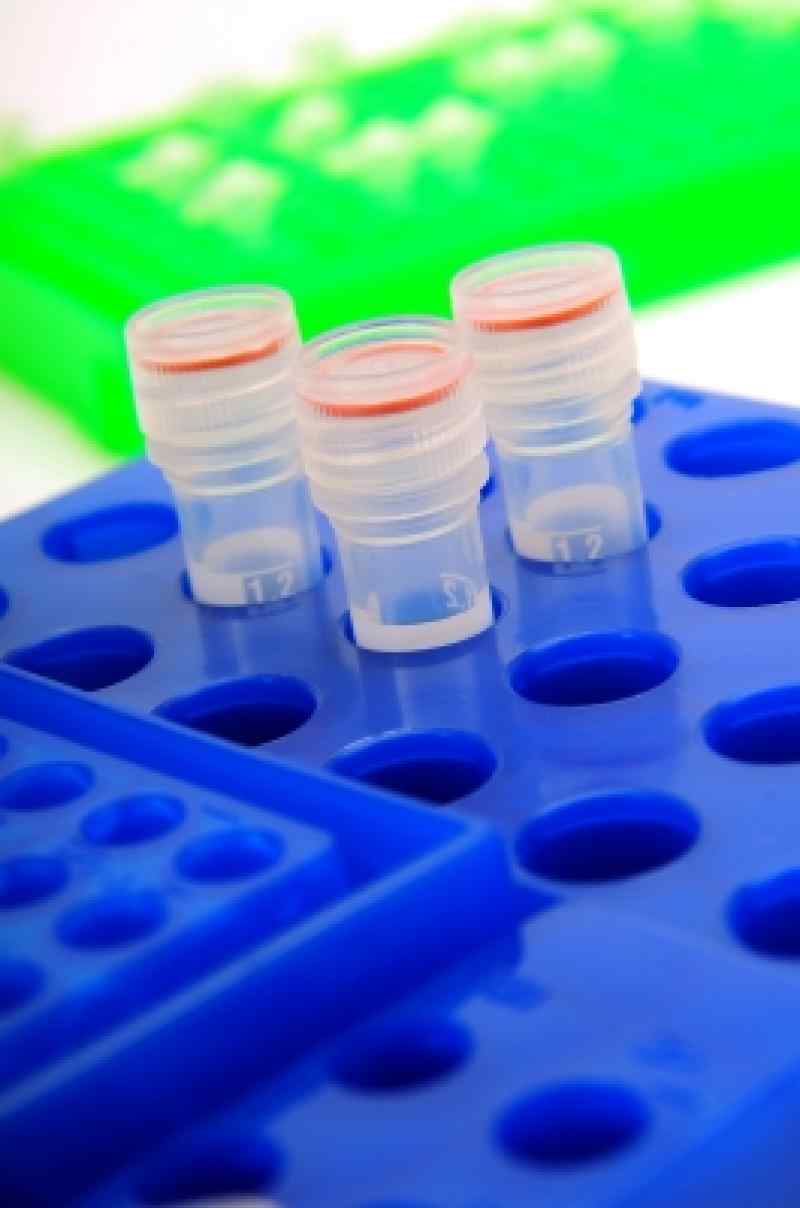Submitted by administrator on
Induced Pluripotent stem or iPS cells were invented by Shinya Yamanaka and awarded him the magnificent Nobel Prize. According to Japanese reports they are a key for resolving the last remaining problem in assisting with the development of a promising cure for eye diseases.
There are plans to begin clinical research as early as fiscal 2013 to make transplants of retinal cells made from iPS cells into the eyes of age-related macular degeneration patients to help restore their sight.
The iPS cells are a key for resolving organ rejection,noting as the cells can develop into any type of tissue.
The team will produce retinal pigment epithelium cells from iPS cells to repair damaged tissues in the eyes of people with macular degeneration, a condition mainly affecting the sharp focus at the center of the eye.
Prior to these cells only embryonic stem cells had been considered the key for regenerative medicine however these embryonic stem cells posed ethical problems as they were made from fertilized eggs. In addition to the ethics, transplanted cells could cause rejection.
The iPS cells, which can be made from cells collected from patients themselves, will resolve the problem.

